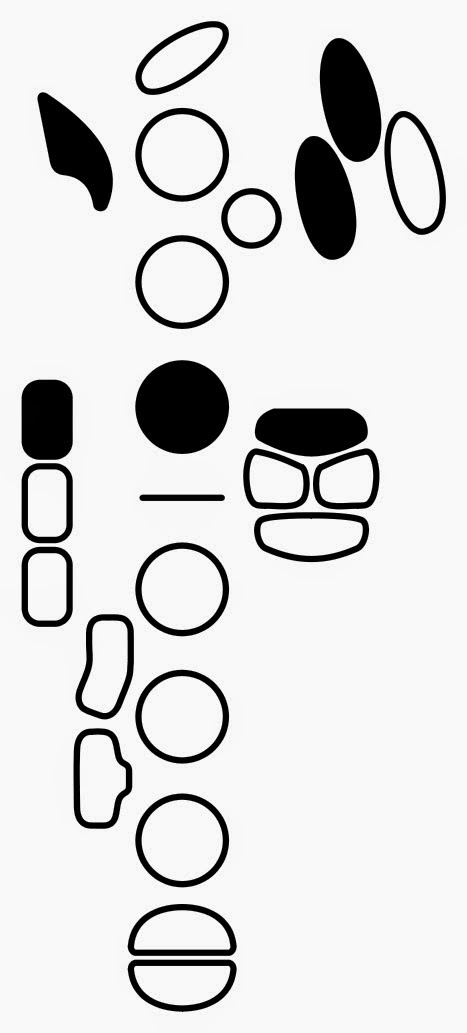Altissimo G
The first fingering where I found that adding the G-sharp key makes a noticeable difference is on altissimo G (this is on tenor). In fact, I had a student try adding the G-sharp key to the altissimo fingering he was using when working towards G, and he was able to play and sustain the note for the first time ever. For those of you who are still working on ascending into the altissimo register, I would suggest slurring up to G from F-sharp, and, of course, use the G-sharp key.
Altissimo G (w/ G-sharp key addition)
Note about G# and A
For the fingerings that I use on altissimo G-sharp and A, adding the G-sharp key doesn't actually open the G-sharp tone hole, so there is no benefit with those two fingerings. However, I do find myself holding down the pinky G-sharp when I am playing altissimo phrases that pass through G-sharp and/or A because that way I have less to coordinate when I arrive to either G below or any of the higher altissimo notes above.
B-flat on Up
Here are my fingerings for altissimo B-flat up through D all with the G-sharp key addition. The added key really makes a difference in this range.
B-flat
|
B
|
C
|
C-sharp
|
D
|
For altissimo E-flat up through dog-whistle G, I literally recycle these same fingerings. The added G-sharp key continues to make things a bit easier in this extreme register.
E-flat
|
E
|
F
|
F-sharp
|
G
|
For a general approach to the altissimo register, please check out a previous post, an Altissimo Crash Course. Also, thank you to Bret Pimentel for his very useful Fingering Diagram Builder.

.tif)
.tif)
.tif)



This tip (about holding down the G# key to altissimo G easier, at least) was helpful on all four of my saxes—across different makes and registers—so thank you! I'm working on regaining my ability to play altissimo after a few years away from playing and it's wild how I'm having to "relearn" it.
ReplyDeleteWeirdly, on my bari, I also discovered that on top of that, if I hold the pinky G# key down, I don't actually need to hold down the octave key: the altissimo G somehow still pops out. (I thought at first it was just that harmonic sort of hung in there when I went from high F# to altissimo G, but then I tried other transitions to it and they worked, too, even from a lower octave. Of course, it may be I'm just voicing it unconsciously, or it could have something to do with the fact I was playing on a harder-than-optimal reed when this happened. )
Oh, and this was the set of altissimo fingerings I got working on my tenor—but it's a Yamaha.
https://www.gordsellar.com/2013/07/15/altissimo-yamaha-yts-32/
I, too, found I could recycle the fingerings for G# through D# for the E through A—somehow that worked for me. I can't do it anymore, but in time, maybe...